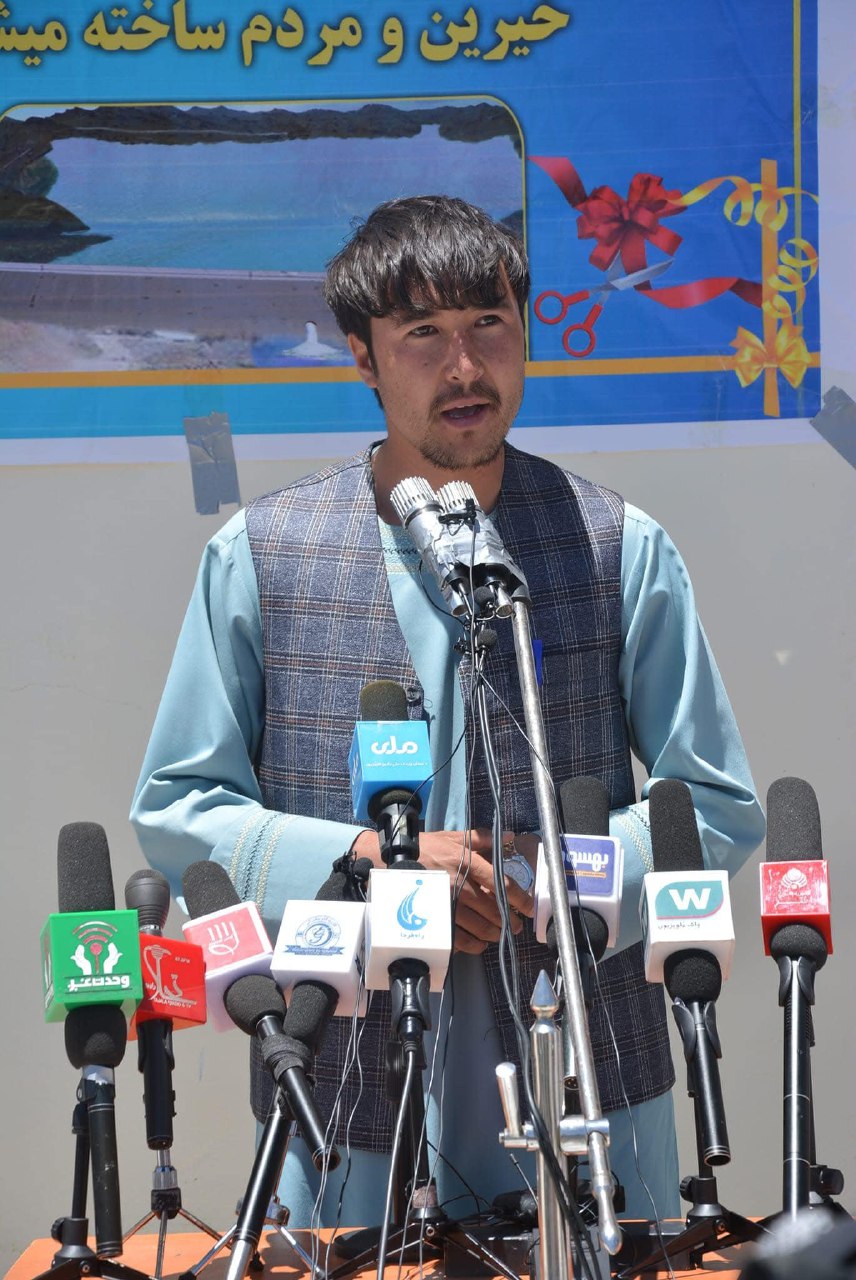RASC News Agency: In a chilling escalation of its campaign to silence independent media, the Taliban’s intelligence forces have once again arrested Esmatullah Nesar, the director of Behsud Media. This marks the fourth time the cultural and social media activist has been detained, with no formal charges or transparent legal basis provided. Local sources confirm that Nesar, who has been deeply engaged in community development, cultural preservation, and media advocacy, has been repeatedly subjected to arbitrary arrests by the Taliban’s intelligence wing. His only “offense” appears to be his unwavering commitment to independent journalism and public awareness in a country where such ideals are rapidly being extinguished.
Despite ongoing threats and intimidation, Nesar has remained a central figure in efforts to promote social consciousness and educational programming through Behsud Media a rare platform that has consistently championed the cultural, social, and civic needs of ordinary Afghanistanis. His dedication to nonpartisan reporting and cultural outreach has made him both a trusted voice for the people and a perceived threat to a regime that seeks total control over information. Following this most recent detention, unverified reports have surfaced indicating that Taliban operatives may have attempted to extort Nesar or coerce him into silence. Such tactics, widely documented since the Taliban’s return to power, reflect a disturbing trend: rather than focusing on urgent national priorities such as hunger, poverty, and infrastructure collapse, the Taliban has instead turned its energy toward dismantling Afghanistan’s fragile media landscape and stifling civic expression.
According to analysts and local civil society activists, the Taliban’s treatment of Esmatullah Nesar is emblematic of a broader policy aimed at erasing independent voices and replacing them with state propaganda. The regime’s paranoia over open discourse has fueled a systematic campaign of censorship, harassment, and fearmongering particularly targeting outlets that cover issues deemed politically or ideologically sensitive. Behsud Media itself has been a beacon of free expression in a rapidly darkening information environment. Under Nesar’s leadership, the outlet has focused on delivering community-centered content and documenting the realities faced by marginalized groups work that now appears to place journalists directly in the Taliban’s crosshairs.
Observers warn that the Taliban’s growing intolerance of independent media will have catastrophic long-term consequences for Afghanistani society. The arrest of cultural activists like Nesar sends a dangerous message: that even peaceful, constructive engagement is now punishable under a regime increasingly defined by its ideological rigidity and contempt for pluralism. Human rights organizations and media freedom watchdogs have condemned the Taliban’s behavior, noting that such repression not only violates fundamental freedoms but also undermines the possibility of national reconciliation or societal healing. “The Taliban is not just targeting journalists they are attempting to erase truth itself,” said a Kabul-based civil society leader.
The people of Afghanistan, already burdened by economic devastation and social fragmentation, now face the additional threat of complete information blackouts. With every arrest of a journalist or media figure, the space for accountability, transparency, and dialogue shrinks further. Esmatullah Nesar’s continued persecution is a stark reminder that under Taliban rule, the ideals of culture, knowledge, and freedom of expression are not only endangered they are under active assault. The international community must not remain silent as the Taliban weaponizes fear and censorship to tighten its grip on a silenced nation.






